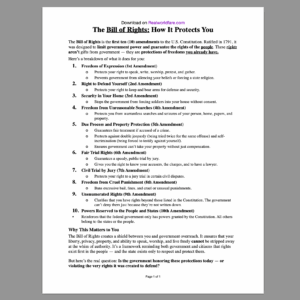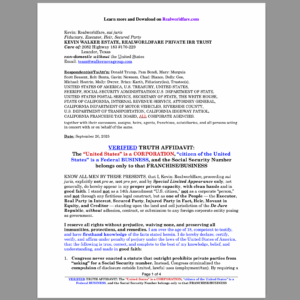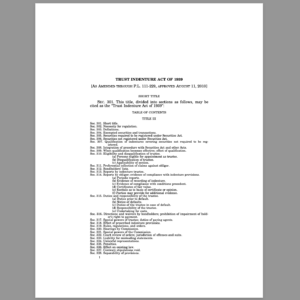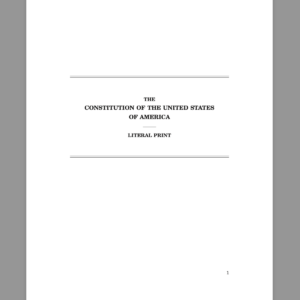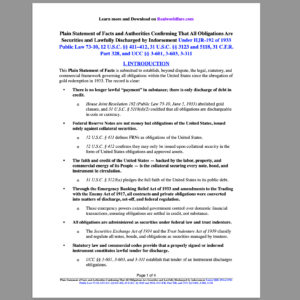1. File a Demand and/or Motion to Expedite or for a Ruling
- Submit a motion formally requesting the court to issue a decision promptly.
- Emphasize the harm, prejudice, or significant consequences caused by the delay.
- Cite local rules or statutes requiring timely resolutions if applicable.
2. File a Complaint with the Judicial Conduct Board
- File a formal complaint with the judicial conduct or disciplinary commission in your jurisdiction.
- Complaints about unreasonable delays can trigger an investigation into the judge’s behavior.
3. Writ or Petition for Mandamus
- Seek a writ of mandamus from a higher court to compel the judge to act.
- Mandamus is appropriate when the delay amounts to a failure to perform a legally required duty.
4. Request Administrative or Supervising Judge Intervention
- Appeal to the supervising or administrative judge, who oversees the judiciary’s efficiency.
- They may inquire into the delay, intervene, or reassign the case to another judge.
5. Demand and/or Motion for Recusal or Disqualification
- Request the judge’s removal if the delay suggests bias, incompetence, or dereliction of duty.
- Include specific evidence showing the delay’s impact on your case or rights.
6. Appeal for Judicial Inaction
- File an appeal based on the judge’s unreasonable inaction if the delay causes harm or procedural disadvantages.
- Ensure this aligns with your jurisdiction’s appellate rules.
7. Seek Special Legislation (Rare Move)
- In extraordinary cases, parties have lobbied for special legislative intervention, asking lawmakers to address systemic delays or specific judicial conduct.
- This option is extreme and rarely successful but may be used in high-profile cases.
8. Use an Amicus Curiae Brief to Escalate Awareness
- Encourage third parties, such as legal advocacy groups or bar associations, to file an amicus curiae brief.
- These briefs highlight the broader implications of judicial delays, putting additional pressure on the court.
9. File a Federal Habeas Corpus Petition (For Criminal Cases)
- If the delay occurs in a criminal case, defendants can file a federal habeas corpus petition alleging a violation of their right to a speedy trial or due process.
10. Raise Constitutional Claims
- Argue that the delay violates constitutional rights, such as the Sixth Amendment right to a speedy trial (criminal cases) or Fourteenth Amendment due process rights (civil cases).
- File in state or federal court, depending on jurisdiction.
11. Seek Media or Public Attention (Strategically)
- In extreme cases, use media coverage or public advocacy to bring attention to the delay.
- Be cautious to avoid contempt of court or reputational harm.
12. Request Congressional or Legislative Oversight (Federal Cases)
- If the judge presides in a federal court, contact your congressional representative to address judicial inefficiency through oversight committees.
- This rarely leads to direct intervention but can escalate systemic concerns.
13. Demand a Judicial Performance Audit
- In some jurisdictions, judicial performance audits assess a judge’s case management efficiency.
- Advocate for an audit by local or state judicial authorities.
14. Pursue Impeachment Proceedings (Extreme Measure)
- File a petition or complaint asking for judicial impeachment if the delay constitutes gross misconduct or dereliction of duty.
- Impeachment is rare and requires substantial evidence and political will.
15. Engage a Private Investigator or Legal Audit (Uncommon)
- Hire an investigator or legal auditor to document the scope of delays, including other cases under the judge’s purview.
- Use findings to bolster your claims in complaints or motions.
16. Leverage International Human Rights Tribunals (Rare, Applicable in Certain Cases)
- If the delay violates internationally recognized rights, you may submit a claim to bodies like the Inter-American Commission on Human Rights or the United Nations Human Rights Committee.
- This is a rare option and more applicable to cases with significant rights violations.
17. Seek Arbitration or Mediation (If Allowed)
- Request that the court refer the case to arbitration or mediation to bypass delays.
- Not all jurisdictions permit this for judicial delays, but it can be an alternative for civil disputes.
18. File a Motion for Reassignment Based on Judicial Incapacity (Rare)
- Argue that the delay stems from the judge’s incapacity, such as health issues or workload, and request reassignment.
- This requires documented proof of incapacity.






